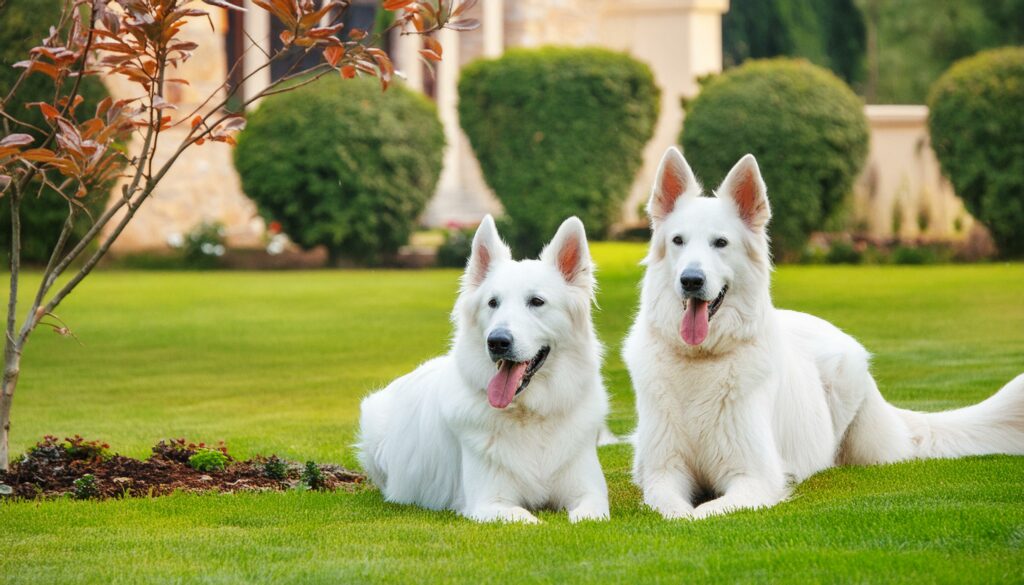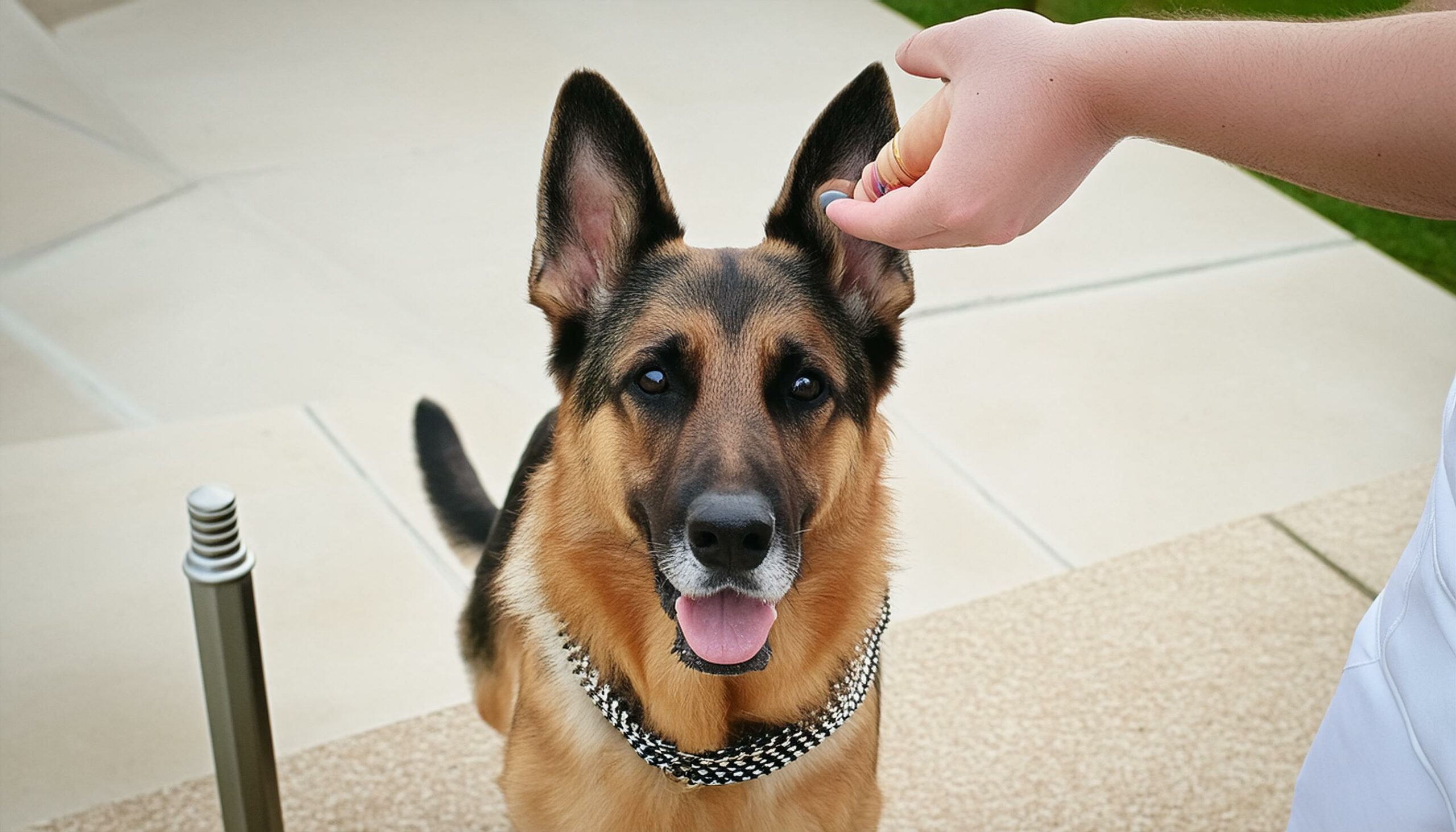German Shepherds, renowned for their intelligence and loyalty, are beloved companions in many households. However, like any breed, they can experience anxiety or hyperactivity. Understanding how to calm your German Shepherd is essential for their well-being and your relationship with them.
1. Introduction to German Shepherds
German Shepherds are versatile dogs known for their intelligence, loyalty, and protective instincts. Their keen intellect and strong bond with their owners make them excellent companions. However, their sensitive nature can sometimes lead to anxiety or stress, which requires careful attention and management.
2. Understanding Your German Shepherd’s Behavior
Recognizing the signs of stress or anxiety in your German Shepherd is crucial for addressing their needs effectively. Common indicators include excessive panting, pacing, trembling, excessive barking, or withdrawing from social interactions. Identifying triggers for their anxiety, such as loud noises or unfamiliar environments, can help you develop strategies to alleviate their distress.
3. Importance of Calming Techniques
Calming your German Shepherd not only promotes their physical and mental well-being but also strengthens the bond between you. By helping them feel safe and secure, you create a harmonious environment where they can thrive emotionally.
4. Creating a Calm Environment
Designating a quiet, comfortable space where your German Shepherd can retreat when feeling anxious is essential. This area should be free from loud noises, excessive activity, and other stressors. Providing them with a cozy bed or blanket can further enhance their sense of security.
5. Exercise and Mental Stimulation

German Shepherds are energetic and intelligent dogs that require both physical and mental stimulation to stay happy and healthy. Regular exercise not only helps to release pent-up energy but also promotes relaxation. Engaging them in activities such as obedience training, puzzle toys, or scent games can also tire them out mentally, leading to a calmer demeanor.
6. Positive Reinforcement Training
Positive reinforcement techniques, such as treats or praise, can be powerful tools for encouraging calm behavior in your German Shepherd. By rewarding them for exhibiting relaxed behavior, you reinforce the desired response and encourage them to repeat it in the future. Teaching them relaxation cues, such as “settle” or “relax,” can also help them learn to calm themselves down in stressful situations.
7. Massage and Physical Contact
Massaging your German Shepherd not only provides physical benefits but also promotes relaxation and reduces stress. Gentle strokes along their back, shoulders, and neck can release tension and soothe their nerves. Regular physical contact, such as cuddling or grooming, reinforces your bond and reassures them of your presence.
8. Aromatherapy and Herbal Remedies
Certain scents, such as lavender or chamomile, have calming properties that can help relax your German Shepherd. Introducing these scents through diffusers, sprays, or specially designed collars can create a calming atmosphere in your home. Additionally, herbal supplements like valerian root or passionflower may provide natural relief from anxiety.
9. Music and Sound Therapy
Soft music or white noise can mask disturbing sounds and create a tranquil environment for your German Shepherd. Classical music, nature sounds, or specially designed dog relaxation playlists can help soothe their nerves and promote relaxation, especially during times of heightened stress.
10. Consistency and Routine

Establishing a predictable routine helps your German Shepherd feel secure and reduces anxiety. Consistent meal times, exercise routines, and bedtime rituals provide structure and stability, making them less susceptible to stressors. Stick to the same schedule as much as possible to minimize disruptions.
11. Professional Help and Consultation
If your German Shepherd’s anxiety persists or becomes unmanageable, it may be necessary to seek guidance from a veterinarian or certified dog behaviorist. These professionals can assess your dog’s condition and provide personalized recommendations or therapy options to address their specific needs.
12. Patience and Understanding
Calmimg an anxious German Shepherd requires patience, consistency, and understanding. Every dog is unique, and progress may take time. Celebrate small victories along the way and remain supportive throughout their journey to a calmer state of mind.
13. Conclusion
Caring for an anxious German Shepherd can be challenging, but with the right approach and techniques, you can help them lead a happier, more relaxed life. By creating a calm environment, providing regular exercise and mental stimulation, and utilizing calming techniques such as massage or aromatherapy, you can alleviate their anxiety and strengthen your bond with them.
14. FAQs
Q: What are signs that my German Shepherd is anxious? A: Signs of anxiety in German Shepherds can include panting, pacing, trembling, excessive barking, or withdrawing from social interactions.
Q: Can anxiety in German Shepherds be genetic? A: Yes, anxiety in German Shepherds can have a genetic component, but it can also be influenced by environmental factors and past experiences.
Q: How long does it take to calm an anxious German Shepherd? A: The time it takes to calm an anxious German Shepherd can vary depending on the severity of their anxiety and the effectiveness of the calming techniques used. Consistency and patience are key.
Q: Are there any natural remedies for calming my German Shepherd? A: Yes, natural remedies such as aromatherapy, herbal supplements, and music therapy can help calm anxious German Shepherds.
Q: Should I consider medication for my German Shepherd’s anxiety? A: Medication should be considered as a last resort for severe cases of anxiety that do not respond to other calming techniques. Consult with a veterinarian or dog behaviorist for guidance.
